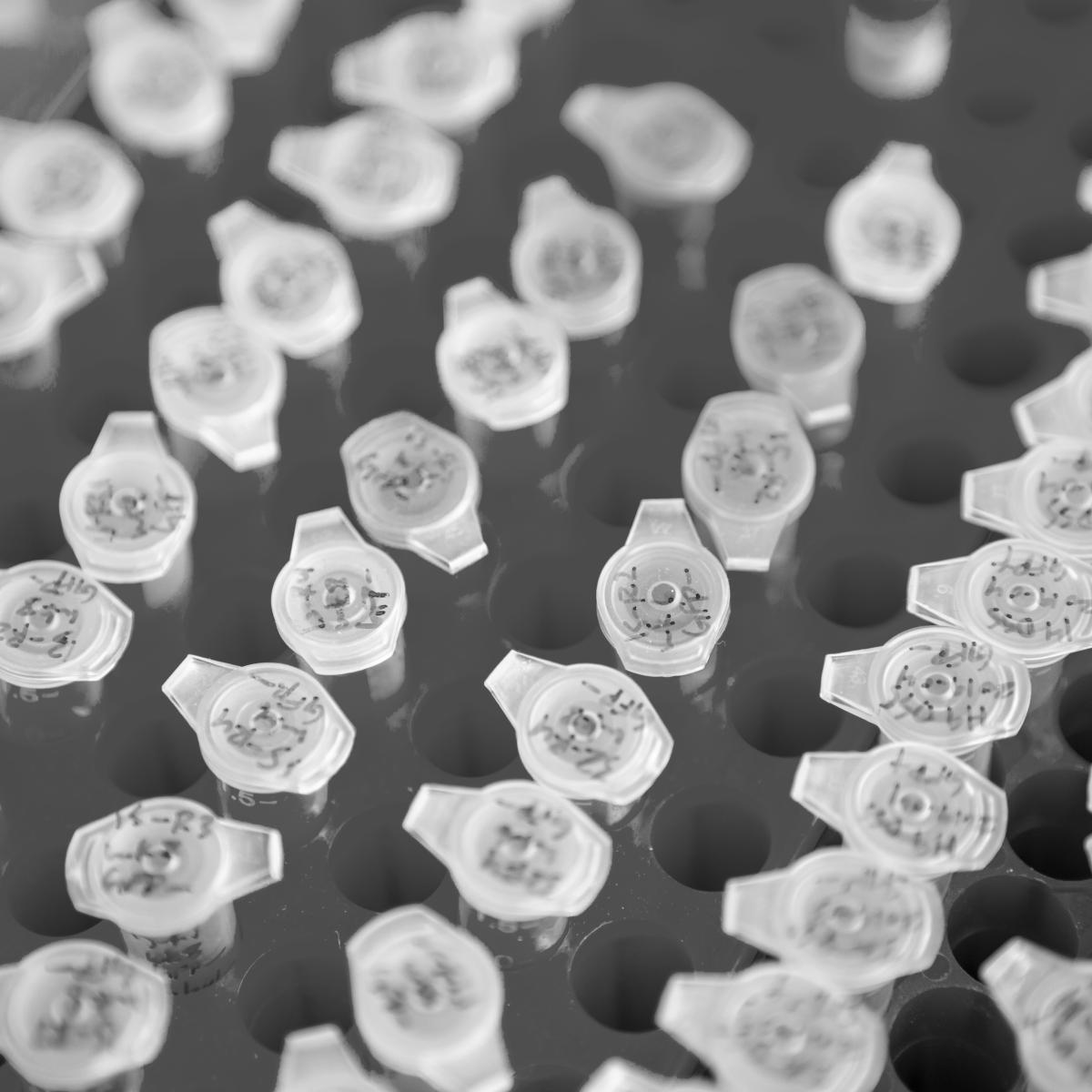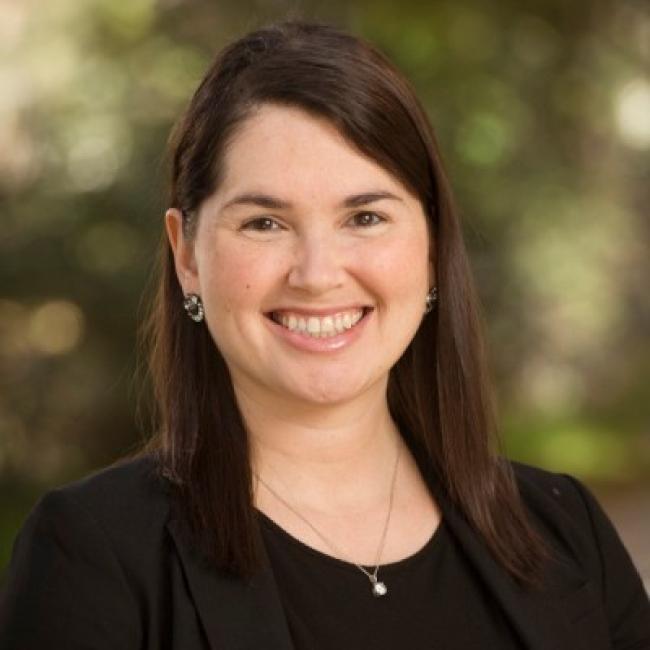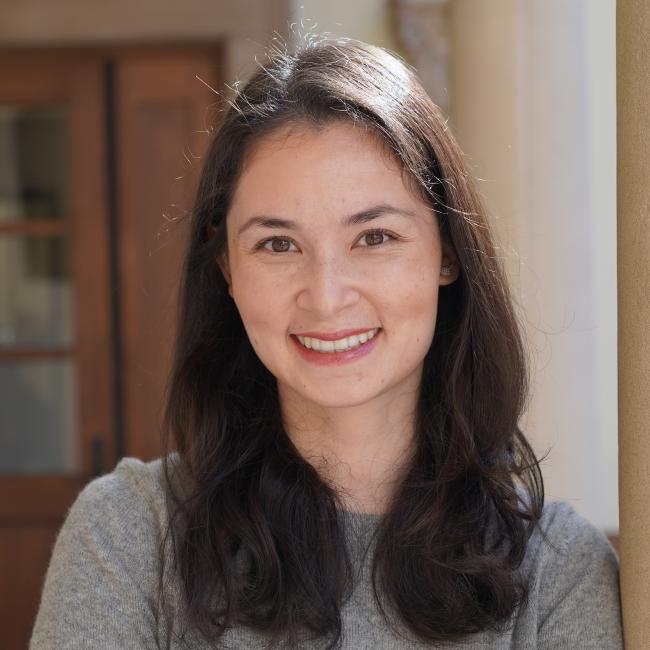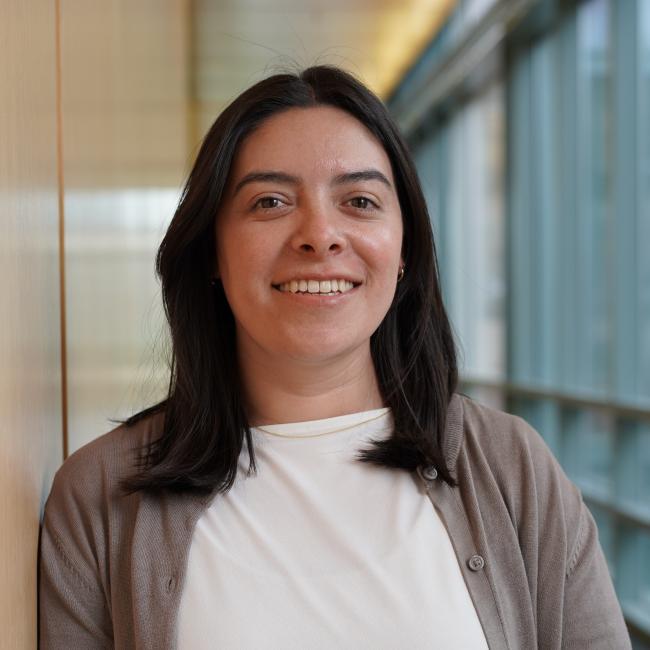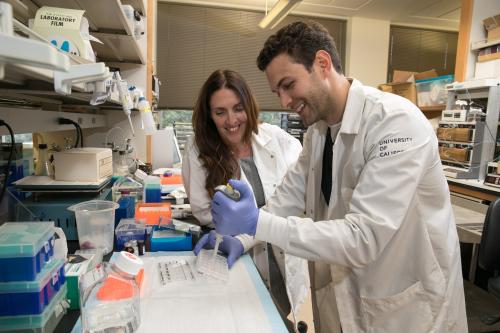
Over the last 20 years, the UCLA Broad Stem Cell Research Center has established a world-class training curriculum for a new generation of scientific leaders. To date, our training programs have advanced the knowledge of 385 gifted early-career scientists — including undergraduate and graduate students, post-doctoral researchers and clinical fellows — and prepared them for successful careers in academia, medicine or industry.
The cultivation of young researchers is critical as today’s trainees are tomorrow’s leaders and mentors. Yet, continued declines in funding for research universities threaten to limit the opportunities available to outstanding young scientists and clinicians. For this reason, we have elevated our training programs to be among our highest fundraising priorities.
Program Overview
Undergraduate Students
Steadfast philanthropic support from individuals and foundations contributed to our center’s success in competing for a California Institute for Regenerative Medicine, or CIRM, grant to fund a new stem cell training program for UCLA undergraduate students building careers in regenerative medicine.
Recruitment for this program, called Creating Opportunities through Mentorship and Partnership Across Stem Cell Science (COMPASS), began in Fall 2022.
By combining hands-on research opportunities with foundational coursework in stem cell biology, and strategic and structured research and mentorship experiences, this program provides students the opportunity to explore a variety of ways in which their research skills can be applied towards improving human health through career paths in stem cell research.
Funding for this program is available for a finite period of time and therefore philanthropy is vital to ensuring the development of future leaders in the biomedical research field.
Graduate Students, Post-doctoral Researchers and Clinical Fellows
Each of the 15 to 20 trainees selected annually to join our center’s Stem Cell Training Program is supported through a $50,000-$90,000 fellowship, which is funded through a combination of resources.
While the majority of our trainees are funded through a CIRM grant for research training, philanthropy provides support for additional trainees beyond the grant as there are more qualified candidates than available grant-funded fellowships.
These fellowships support stipends, tuition remission and research supplies, giving trainees from all backgrounds the resources they need to approach their work with focused intensity. This program fosters a sense of community and spurs collaboration through a dedicated course that provides a comprehensive view of the field of stem cell research, including its ethical and policy implications.
Trainees accepted into this competitive program are mentored by stem cell experts and work in faculty labs where they make meaningful contributions to high-profile research projects while pursuing their own lines of scientific inquiry.
The training program broadened the scope of my research, taught me numerous techniques and provided me with an invaluable network of colleagues and friends. I am extremely grateful to the philanthropic donors for providing me with this remarkable opportunity.
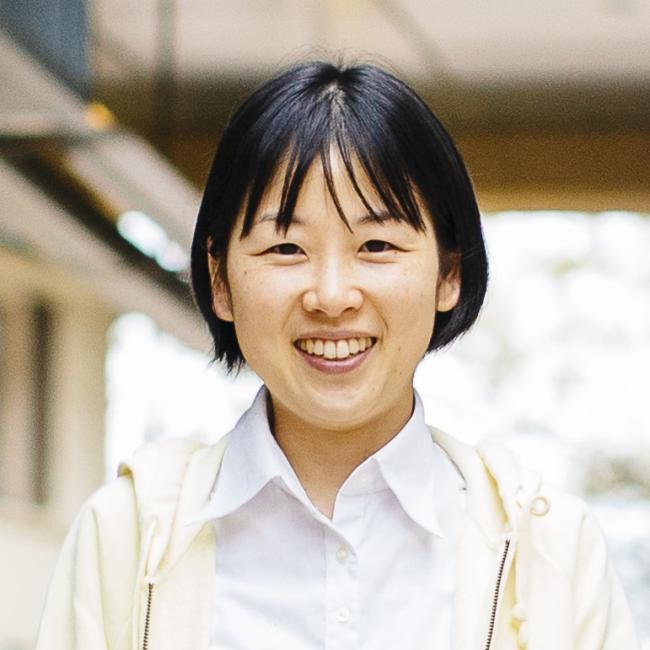
Trainee Accomplishments
Since the launch of the Stem Cell Training Program, trainees have published their research in leading scientific journals, including Nature, Blood, Cell, Neuron, Immunology, Cell Stem Cell, Stem Cells and PNAS.
Trainee contributions to the field of stem cell research include:
- Developing a stem cell gene therapy for ADA-deficient severe combined immune deficiency, or ADA-SCID, commonly known as “bubble baby” disease.
- Being part of the research team that was the first in California to reprogram human cells to a pluripotent state, creating induced pluripotent stem cells.
- Contributing to the creation of artificial thymic organoids that are capable of producing cancer-fighting T cells from patient-derived blood stem cells.
The career trajectories of past trainees are a testament to the excellence of the research conducted through the training program. Ten previous center trainees are now tenure-track professors at UCLA and serve as program mentors.
Beyond UCLA, the program’s trainees have advanced to positions that include:
- Assistant Professor, Radiology, Stanford University
- Executive Medical Director, Spruce Biosciences
- Principal Scientist, Allogene Therapeutics
The road is not easy for physicians who wish to pursue advanced training in science. The Stem Cell Training Program and support of my mentor played an enormous role in my professional and personal development.
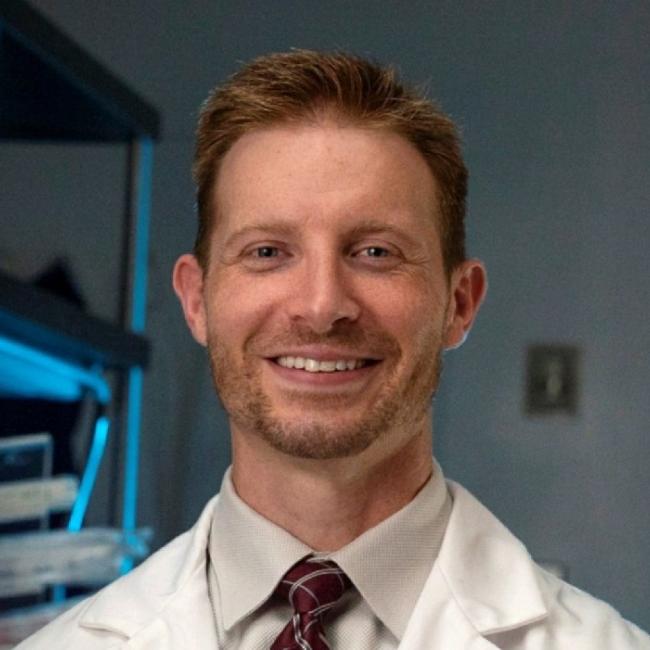
Give the gift of opportunity. Make a gift to our Stem Cell Training Program today or contact our Director of Development Sabrina Ayala at SAyala@mednet.ucla.edu or 310-321-8976 to learn more about contributing to the future of research and medicine.
